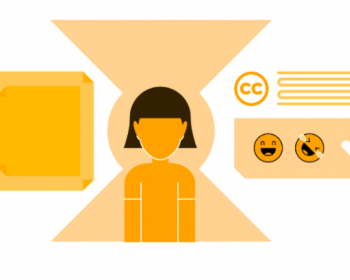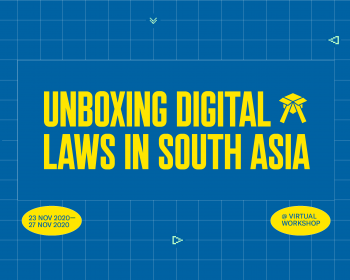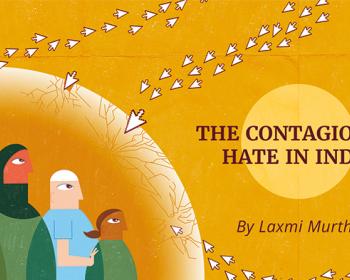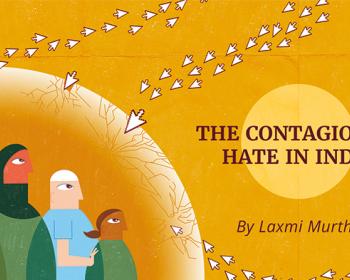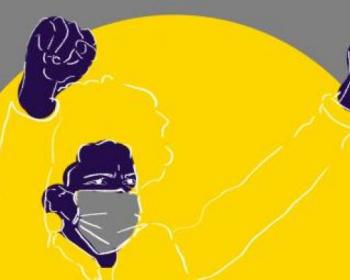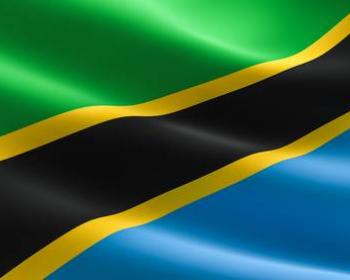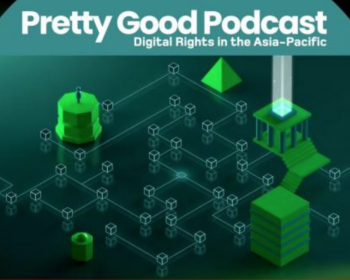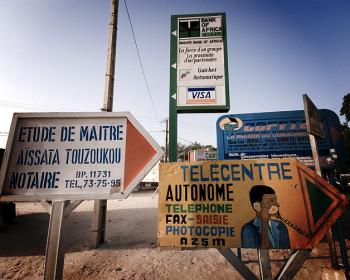digital rights
Our member SMEX is hosting its annual Bread&Net event on 1-4 December to address digital rights in the new reality: one that has impacted the digital economy, shifted the conversation around surveillance, and presented new opportunities for governments to censor online speech.
Over the course of the week from 23 to 27 November 2020, the workshop will cover a variety of topics including ICT laws and jurisprudence, access, infrastructure and internet shutdowns, freedom of expression, gender and vulnerable groups, and legal methodology and process, among others.
What is the “corona jihad”? In the time of a pandemic, how has hate speech made matters worse for the Muslim population in India? How do we curb hate speech online? These are just some of the questions that a new report published by APC, The Contagion of Hate in India, aims to answer.
What is the “corona jihad”? In the time of a pandemic, how has hate speech made matters worse for the Muslim population in India? How do we curb hate speech online? These are just some of the questions that this report aims to answer.
APC with members of the African Declaration on Internet Rights and Freedoms Coalition called on authors from the region to develop a series of reports on the COVID-19 pandemic in Africa and human rights. Read the summaries of the 19 papers here.
Since the first case of COVID-19 was announced in Tanzania in March, the government has been in the spotlight for its handling of the pandemic. It has denied its severity, suspended media houses, and criminalised COVID-19 related speech through enactment and enforcement of repressive regulations.
Piyanut Kotsan, director of Amnesty International Thailand, enumerates the human and digital rights issues and violations occurring during the recent youth-led protests, from the disproportionate use of laws against dissenting opinions to the increase in online harassment against young protesters.
On 9 October 2020, Research ICT Africa (RIA), APC, ALT Advisory and the Feministing While African (FWA) network made a submission to the Portfolio Committee on Justice and Correctional Services of South Africa in response to proposed amendments to the Domestic Violence Act.
Having RightsCon 2020 take place entirely online not only demonstrates how the digital space is increasingly important for many spheres of life, but also illustrates how essential it is to protect digital rights as a fundamental part of human rights.
In response to national security challenges related to terrorism, ethnic conflict and organised crime, Niger promulgated a new law on the interception of communications, with surveillance implications that threaten the right to free speech and privacy online.

Association for Progressive Communications (APC) 2022
Unless otherwise stated, content on the APC website is licensed under Creative Commons Attribution 4.0 International (CC BY 4.0)



